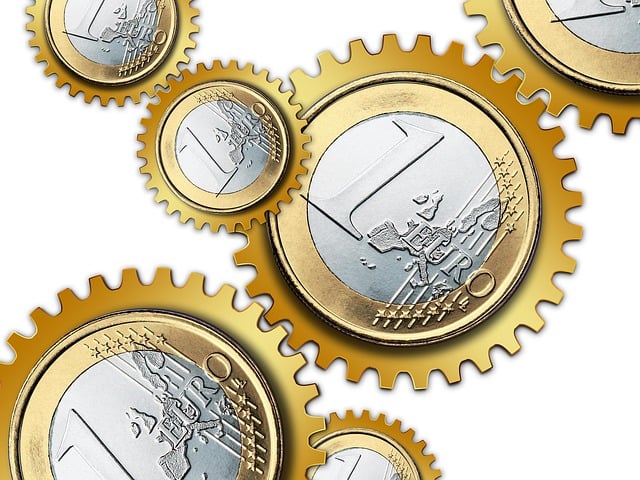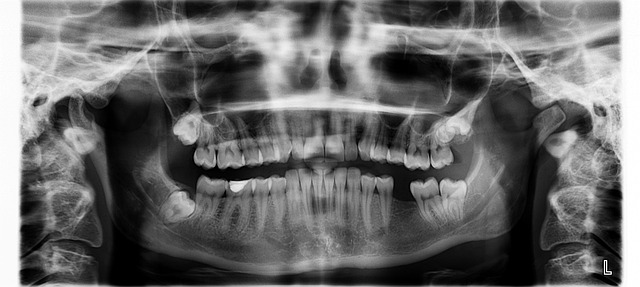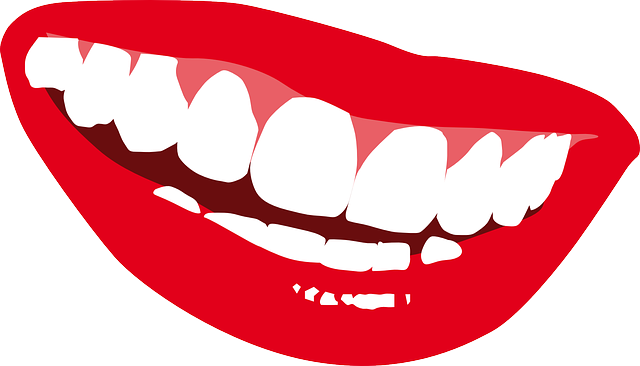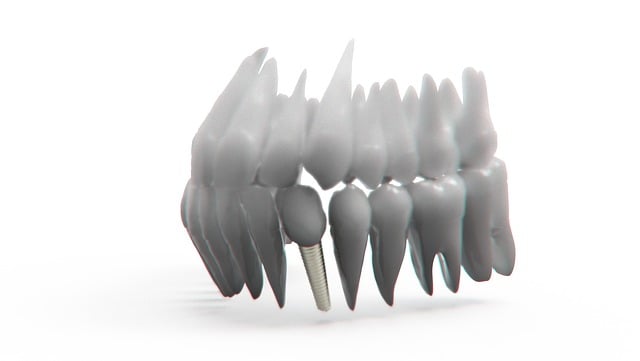Tooth extraction in Eugene, Oregon, is a common dental procedure performed for severe decay or infection. Modern dentistry has made it relatively comfortable, with minimal discomfort post-surgery. Choosing a skilled surgeon with modern facilities and techniques ensures top-tier care. Post-extraction recovery involves rest, good oral hygiene, cold compresses, hydration, and soft foods. Myths about pain and healing time are addressed to reduce patient anxiety.
“In Eugene, Oregon, understanding tooth extraction is crucial for maintaining optimal oral health. This article delves into the procedures and considerations surrounding this common dental surgery. We explore ‘When and Why It’s Necessary’, guiding you through the process. Learn about finding top-rated dental surgeons in Eugene, including key factors to consider. Discover modern techniques and anesthesia options ensuring painless extractions. Additionally, post-surgery care tips from local professionals help in a swift recovery. Finally, we debunk common misconceptions about tooth extraction.”
- Understanding Tooth Extraction: When and Why It's Necessary
- Finding the Best Dental Surgeon in Eugene, Oregon: Key Considerations
- Modern Techniques and Anesthesia Options for Painless Extractions
- Post-Surgery Care: Recovery Tips from Eugene Dental Professionals
- Common Misconceptions About Tooth Extraction Debunked
Understanding Tooth Extraction: When and Why It's Necessary

Tooth extraction is a common dental procedure performed by professionals in Eugene Oregon, and it may be necessary for various reasons. It involves the removal of a tooth from its socket in the jawbone. This procedure is not just about addressing a visibly damaged or impacted tooth; it’s also crucial for maintaining overall oral health. When a tooth becomes severely decayed, infected, or is at risk of causing harm to neighboring teeth or structures, extraction becomes an option.
In some cases, wisdom teeth (third molars) may need to be extracted due to improper alignment or lack of space in the jaw. Early detection and consultation with dental professionals can help determine if a tooth extraction is necessary. It’s important to understand that while it might sound intimidating, modern dentistry has made this procedure relatively comfortable, and most patients experience minimal discomfort after the initial numbing effect wears off.
Finding the Best Dental Surgeon in Eugene, Oregon: Key Considerations

When searching for the best dental surgeon in Eugene, Oregon, it’s essential to consider several key factors that can ensure a positive and effective experience. First and foremost, look for professionals specializing in tooth extraction procedures. This specialized skill set is crucial when dealing with complex or emergency dental situations. Research their credentials, experience, and patient testimonials to gauge their expertise and the level of care they provide.
Additionally, consider the comfort and convenience of the clinic. A friendly, modern, and well-equipped surgical facility can significantly impact your overall experience. Ensure the dentist’s office is easily accessible, offers flexible appointment scheduling, and maintains a clean, sterile environment. These considerations are vital in fostering trust and promoting a positive perception of dental care.
Modern Techniques and Anesthesia Options for Painless Extractions

Modern dental techniques have significantly improved the process of tooth extractions, making them more comfortable and efficient for patients. In Eugene, Oregon, dental surgery professionals employ advanced methods to ensure painless procedures. One such technique is the use of ultrasound technology, which gently breaks down tooth structures, making extractions easier and reducing patient discomfort.
Additionally, various anesthesia options are available to manage pain during tooth extractions. Local anesthetics, such as lidocaine, are commonly used to numb the extraction site, providing a comfortable experience for patients. For more complex cases or those with higher anxiety levels, conscious sedation or general anesthesia may be administered, allowing patients to remain relaxed and free from pain throughout the procedure. These modern approaches ensure that even challenging tooth extractions can be performed with minimal discomfort, enhancing overall patient satisfaction.
Post-Surgery Care: Recovery Tips from Eugene Dental Professionals

After a tooth extraction, proper post-surgery care is essential for a smooth recovery. Eugene’s dental professionals recommend starting with rest and avoiding strenuous activities for the first 24 hours. This allows your mouth to heal and reduces the risk of complications. It’s crucial to maintain good oral hygiene during this period by gently cleaning your mouth, but avoiding the extracted area to prevent infection.
Additionally, keeping a cold compress on the outside of your cheek can help reduce swelling. Many dental practices in Eugene suggest taking over-the-counter pain medication as needed for discomfort. Staying hydrated and eating soft, cool foods like yogurt or mashed potatoes is also beneficial. Remember to avoid smoking, as it can impair healing and increase the risk of dry socket, a common complication after tooth extraction.
Common Misconceptions About Tooth Extraction Debunked

Many people in Eugene, Oregon, and beyond hold certain misconceptions about tooth extraction. Let’s clear some of these myths to ensure individuals receive accurate information when considering dental surgery. One common belief is that extracting a tooth is always painful and complicated. However, modern dental practices have made extractions less invasive and more comfortable than ever before. Local anesthesia is used to numb the area, minimizing discomfort during the procedure.
Another misconception is that all extractions require extensive healing periods. With advanced techniques, many teeth can be removed with minimal downtime. In fact, some minor extractions can be performed in just a few minutes. Quick recovery times allow patients to resume their normal activities soon after the surgery. It’s essential to dispel these myths and provide evidence-based information to reduce anxiety and help patients make informed decisions about their dental care, especially when considering tooth extraction procedures.






